Recent studies (2021) indicate one in three Malaysians struggle with hypertension, also known as high blood pressure. When looking at the bigger picture, this number is extremely worrying as high blood pressure has taken its place as a common disease amongst Malaysians and it can pose a major risk to public health.
High blood pressure is the main culprit behind heart-related diseases which has also been increasing in Malaysia. To make a change, we can look at the first thing that’s within our control which is our food consumption. An unhealthy diet is one of the risk factors that is associated with high blood pressure.
With that in mind, we’ve compiled a list of foods that may be blood pressure friendly. Let’s dive in.
What causes high blood pressure?
High blood pressure usually develops over a span of time and there is a myriad of factors that can lead to high blood pressure. Unhealthy lifestyle habits such as insufficient physical activities and poor food choices can influence one’s blood pressure to go high.
Furthermore, some common health conditions such as diabetes and obesity may also increase the risk of one developing high blood pressure. In rare circumstances, high blood pressure may also occur during pregnancy.

What problems do high blood pressure cause?

Stroke and brain-related issues
A stroke may result from the blockage or burst of the arteries supplying the brain with blood and oxygen due to high blood pressure.

Heart attack and heart-related diseases
Your arteries may become less elastic from high blood pressure damage, which lessens the flow of blood and oxygen to your heart and therefore, increases your risk of developing heart disease.
Decreased blood flow to the heart may eventually lead to a heart attack.
What foods are high-blood friendly?
#1 Omega-3 Fatty Acids
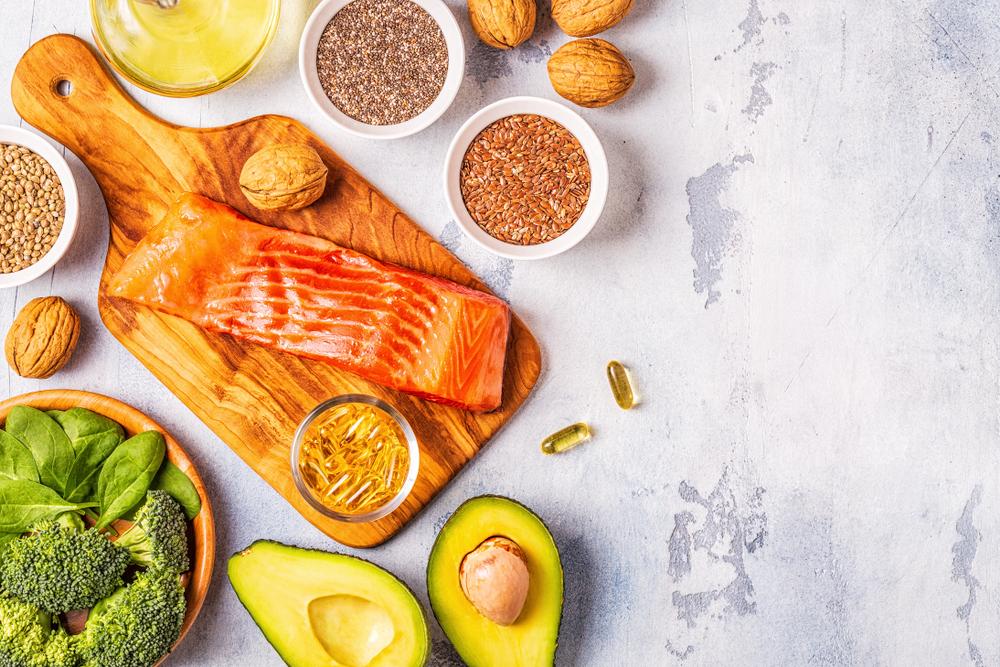
Unsaturated fatty acids of the type omega-3 may lessen inflammation throughout the body. Blood vessel damage brought on by internal inflammation can result in heart disease and strokes.
Omega-3 may improve heart health by:
- Decreasing triglycerides.
- Manages blood pressure.
- Decreases the risk of stroke and heart-related diseases.
Good Omega-3-rich fish include:
- Sardines
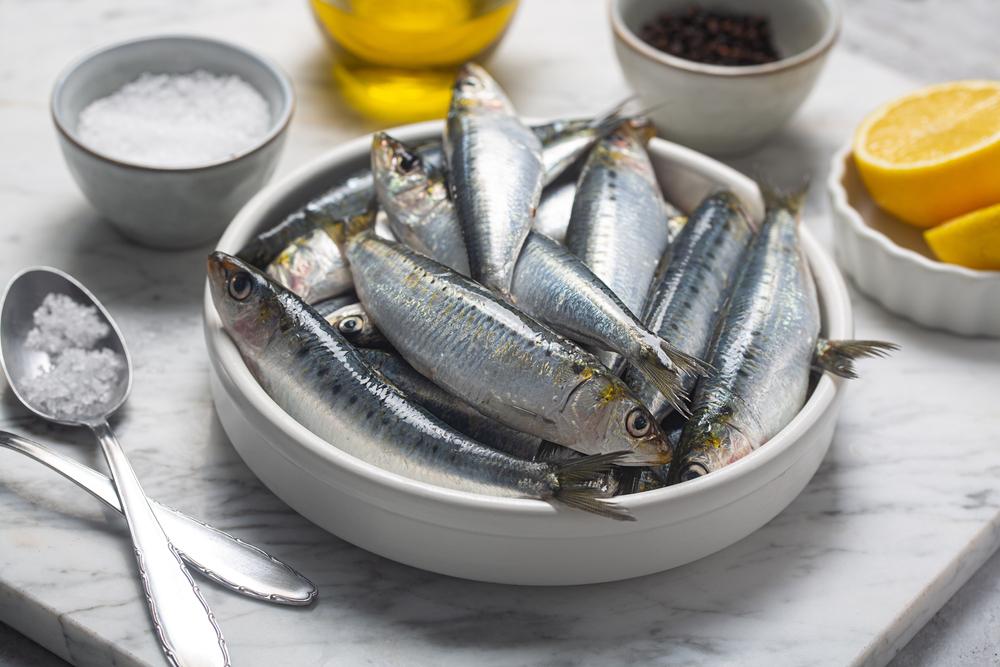
- Cod
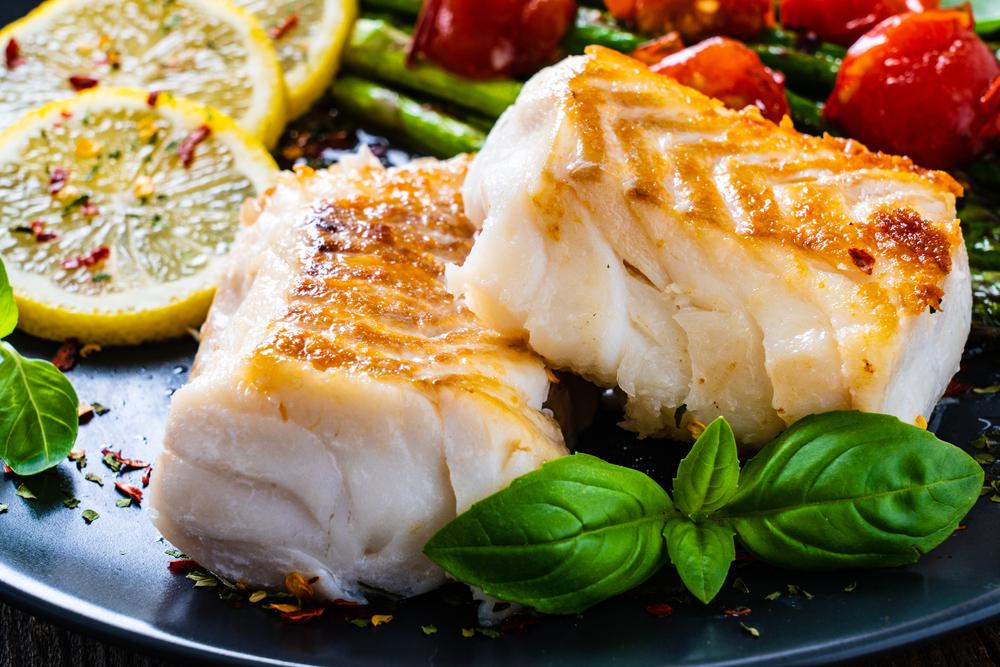
- Salmon

#2 Berries
The vivid colours of berries can be attributed to an antioxidant called anthocyanins. Not only do anthocyanins make berries bright, but they also help the berries be nutritious.
Anthocyanins are thought to raise blood levels of nitric oxide and decrease the combination of blood vessel-restricting molecules. This in turn may aid in lowering one’s blood pressure.
Berries that are said to have blood pressure-lowering effects:
- Strawberries
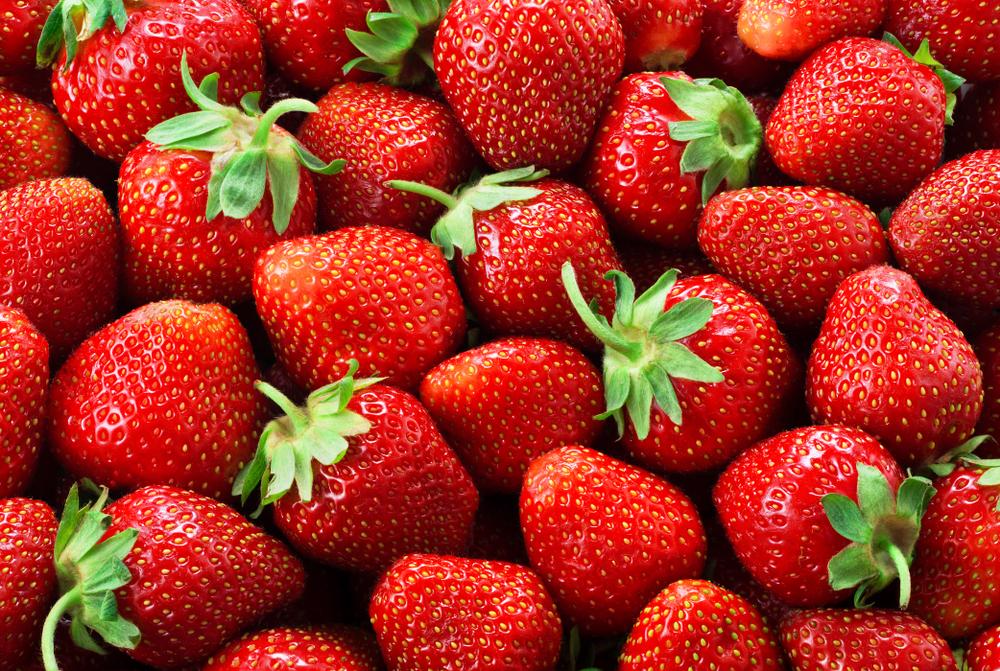
- Blueberries
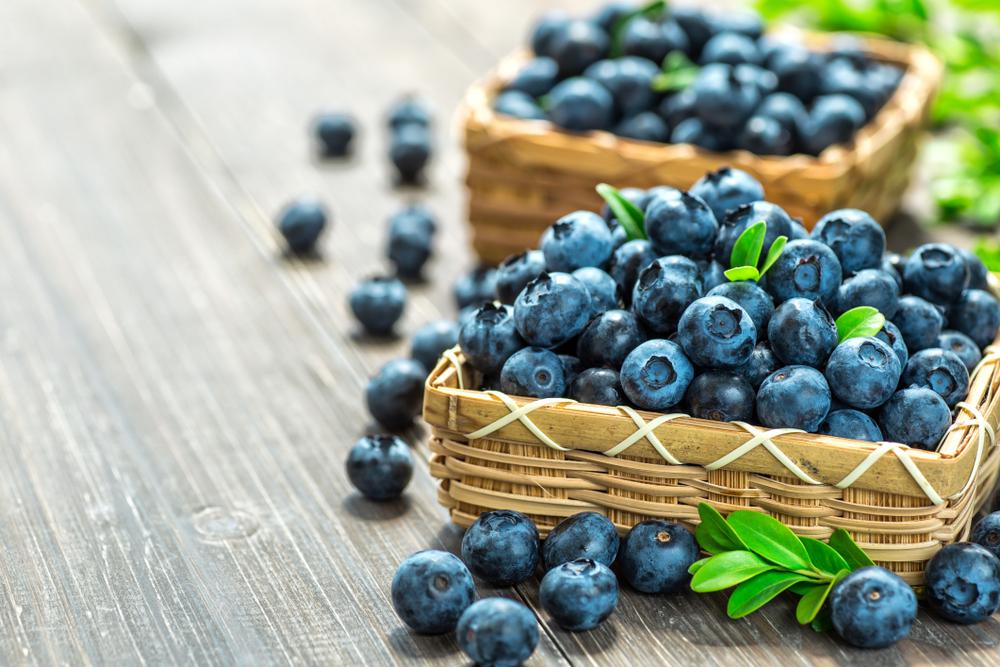
- Cloudberries

#3 Broccoli
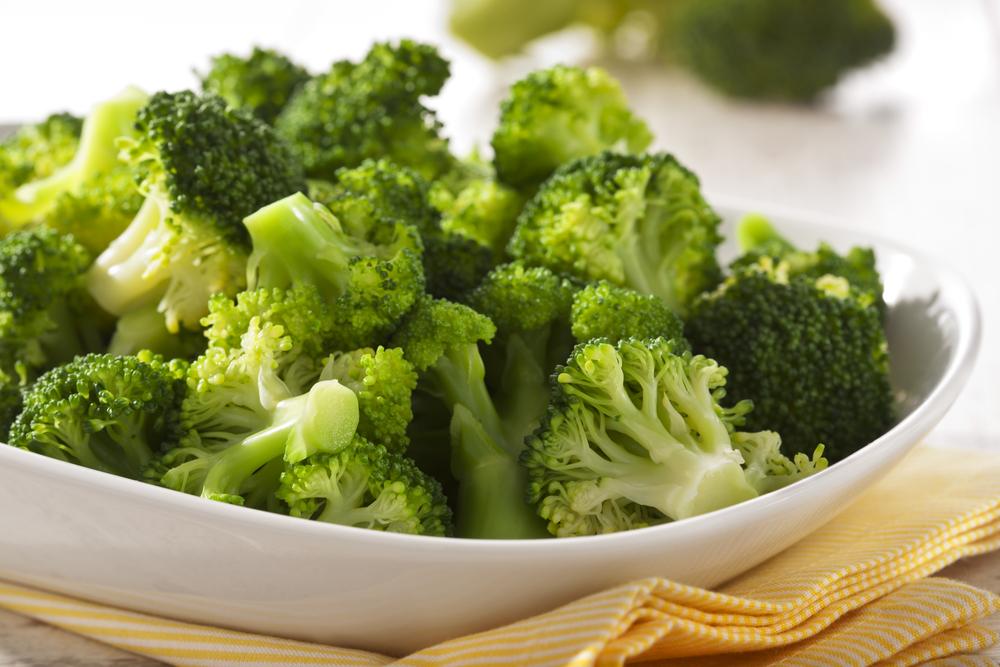
One of the many health benefits of broccoli is that it helps to keep your circulatory system in good shape. This cruciferous vegetable is abundant in flavonoid antioxidants. The abundance of flavonoid antioxidants in broccoli may help decrease blood pressure by improving blood vessel function and elevating nitric oxide levels in the body.
The best way to maximise that broccoli goodness is to consume it both raw and cooked in different ways. Add chopped raw broccoli florets to tossed salads to make them more flavourful, or simply snack on raw broccoli for a wholesome and crisp snack.
#4 Carrots
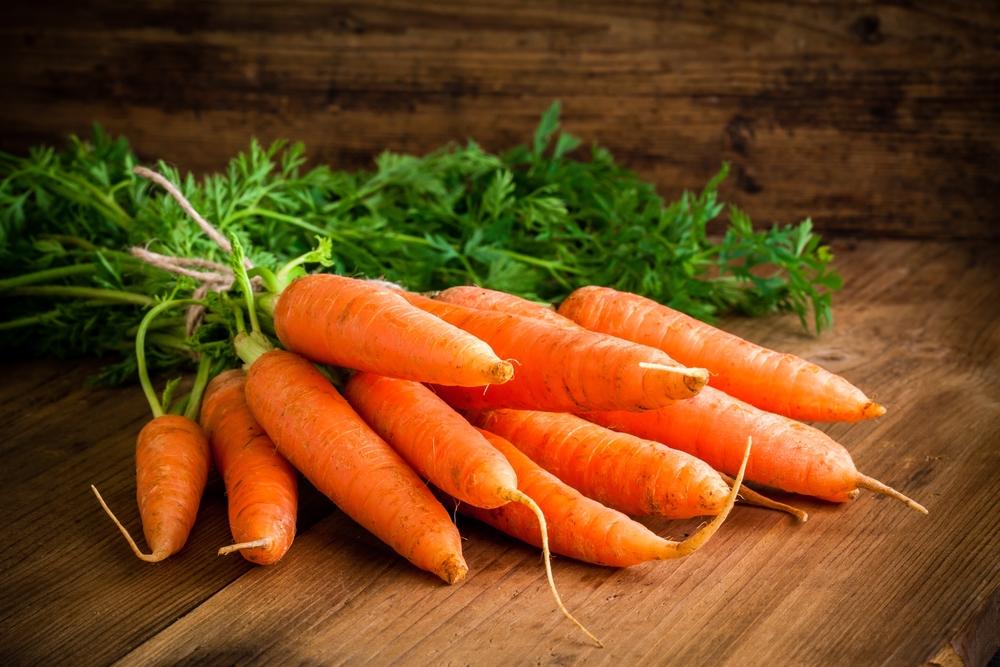
Just like its rich orange colour, carrots are also enriched with phenolic compounds, chlorogenic acids, p-coumaric, and caffeic acids. These compounds are believed to be able to help reduce inflammations and this in turn may help relax blood vessels.
Experts recommend it’s best to consume carrots raw to maximise their benefits.
#5 Leafy greens
The high nitrate content from leafy green vegetables may help control blood pressure. Consuming at least 1 cup of green leafy vegetables each day may help lower blood pressure and lower the chance of developing cardiovascular disease, according to some studies.
Examples of leafy greens include:
- Spinach
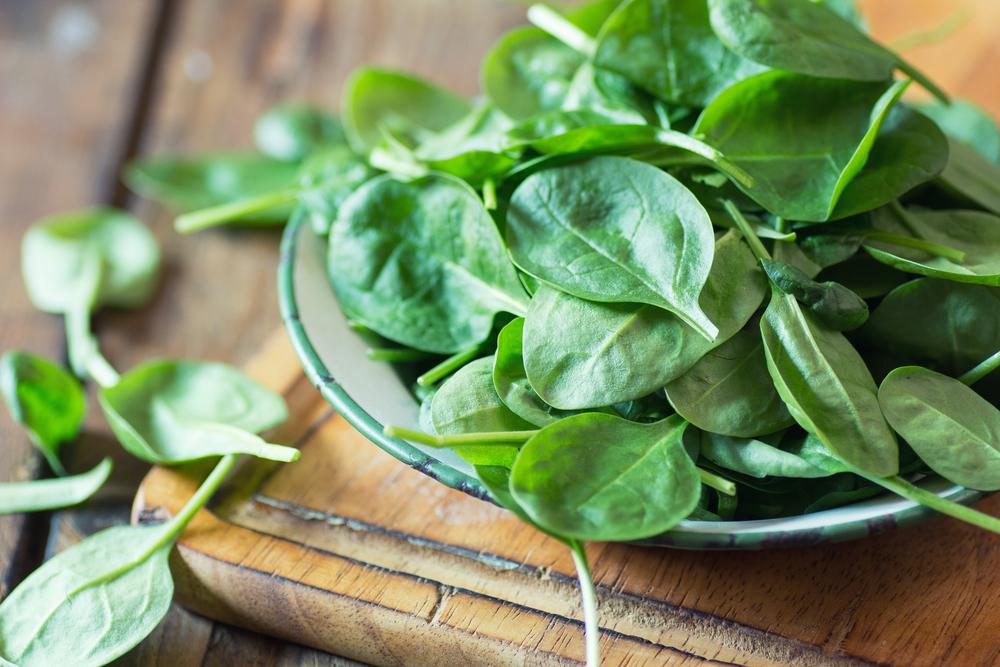
- Kale

- Cabbage
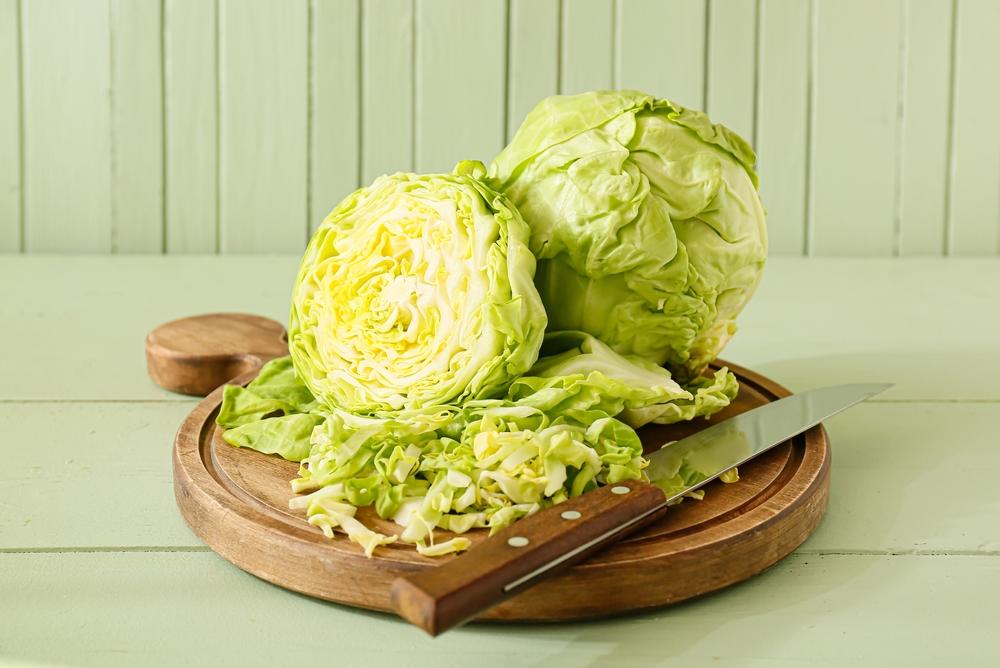
- Swiss Chard
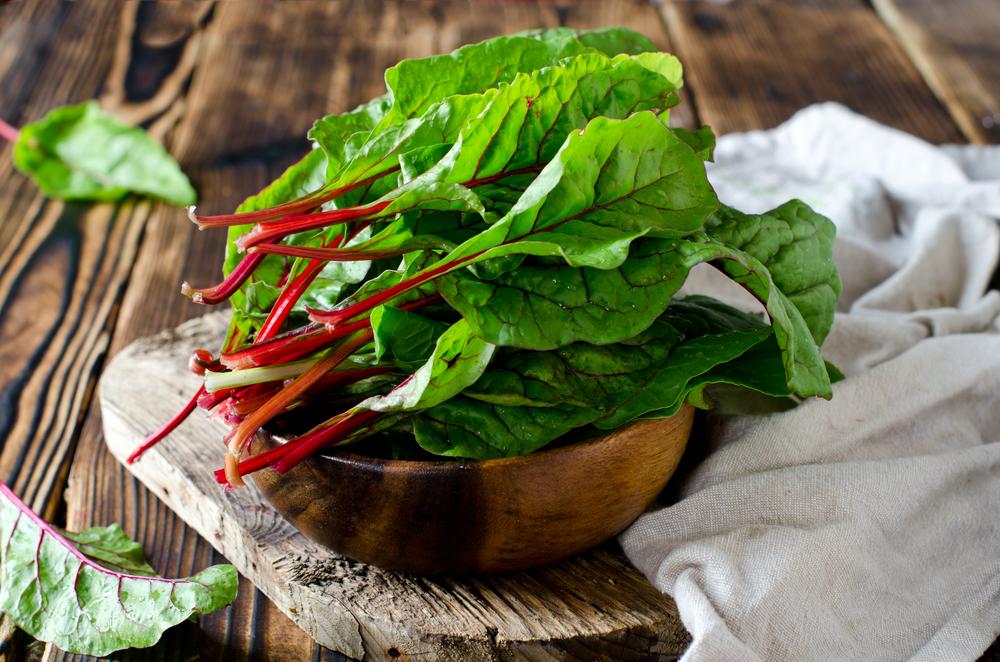
#6 Citrus foods
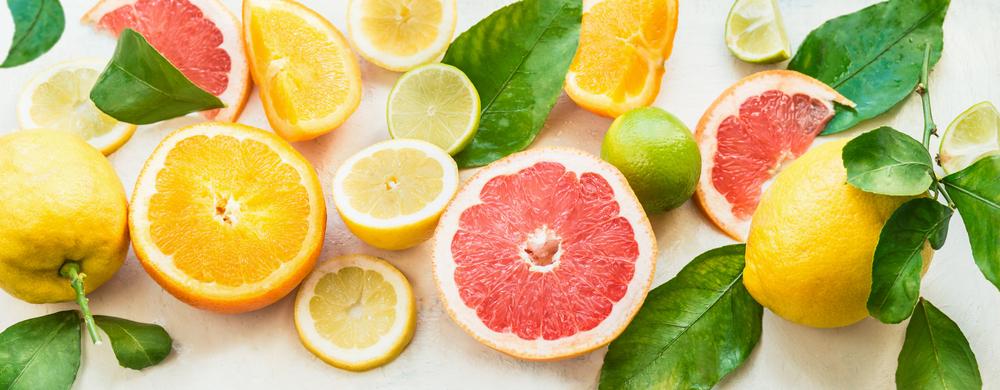
Lemons, grapefruit, oranges, and other citrus fruits are thought to be good potential in reducing blood pressure. They are packed with nutrients, plant chemicals, and vitamins that may protect your heart by lowering heart disease risk factors including high blood pressure.
Some citrus fruits also contain a compound known as hesperidin. According to experts, hesperidin is an antioxidant and is thought to have the potential to improve heart health.
Source: Healthline, Medical News Today, WebMD, Mayo Clinic













